Fabrizio Ulivieri's Blog, page 4
August 16, 2025
I messaggi della notte
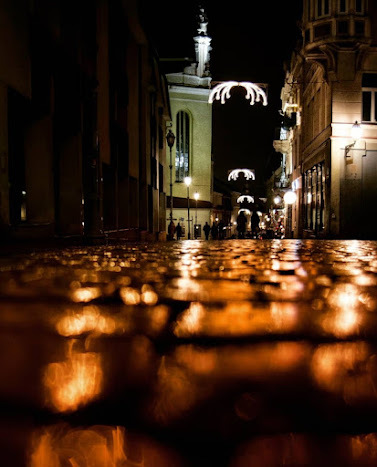
I messaggi della notte sono strani
in questa terra vanno surreali
nel vento muovono le foglie
e ombre scivolano umane.
Le luci bucano la notte che mai è notte.Bianca come latte sporco sta la luna.Vedo nubi in cielo che guardano - si muovono. Ma perché li sento in questo vento che vivono?
Inquieti sono - lí aspettano nell'aria.
E fra i rami stanno che il vento scuote.
La loro voce - quella delle foglie
e di un motore lontano sulla strada.
Che va - via con il momento di sempre.
Che uguale per sé che sempre suona.
Sarà così. Taci. Tutto cosí uguale.Tutto va come è. Indifferente, sempre.
Published on August 16, 2025 22:03
August 13, 2025
Il tempo che resta che urge finire

Certe volte me ne vorrei andare
Subito uscire e da tutto partire
Lo so ormai - io solo, devo camminare
Il tempo che resta che urge finire.
Stanchezza di vivere mi opprime
Del vivere con gli altri, ecco, avanza.
Un desiderio cosí mi comprime
E mi cresce dentro la dissonanza.
Mi sento alla fine quasi gettato
Nel distacco di chi mi sta vicino.
Vivo privo di senso e disperato.Teso è il filo che tira me chino.
Published on August 13, 2025 21:51
August 12, 2025
Sei nelle cose vivo e presente

Sei nelle cose vivo e presente
Le cose che ora mi lasci qua
Nostre perdute amate - tu assente
Io ritrovo tua calma e tua bontà.
Negli occhi dolci tuoi non cattivi
Che in silenzio abbassavi vedo
Che sei tu - tu in queste cose che vivi.
Con un sorriso hai preso congedo
E nelle cose qui intorno ora sentonei colori negli spazi e silenzicompari e cresci il tuo avventomi guardi indugi e poi ti licenzi.
Published on August 12, 2025 13:12
August 9, 2025
L'ombra del dharma
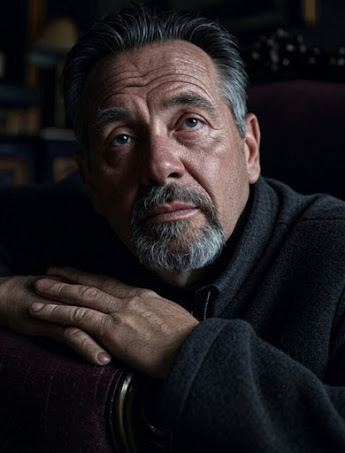
Se cerco di spiegare quello che eri
Devo l' oltre e il prima guardare
Dove cause ignote e foschi criteri
Erano il karma del tuo andare.
Di lí andavi larvato di nulla
E mai il volto sincero mostravi.
Di silenzio vivevi in una bolla
Eppure libero a me sembravi.
In pubblico e privato ti scindevi
E disprezzavi me a te non pari
Ma santo mi apparivi e tu sapevi.
Del tuo dharma che adesso appari
Eri schiavo - di quel lontano demone
Tara remota e senza memoria
Che nel sangue ti seguiva epigone
E segnava immemore tua la storia.
Published on August 09, 2025 22:44
August 6, 2025
Morir tibiamente - la agonía del recordar sus muertos
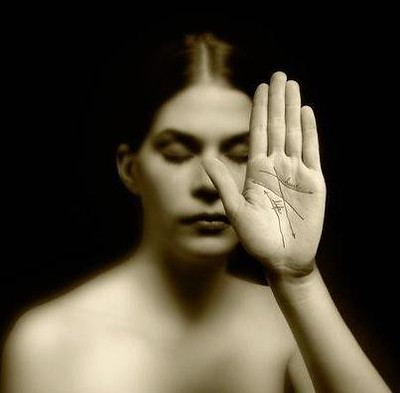
Hoy es Navidad. 25 de diciembre de 2023. Cuántas Navidades... Cuántas Navidades en mi vida... Pero ni siquiera las recuerdo. Ninguna estaba feliz. Ni siquiera una cuando era un poco más feliz que el promedio. Ni siquiera una que yo recuerde. Viví, viví tanto... que ni siquiera siento que he vivido. Y ahora comienza el final. Me siento cerca del final. Es el principio del fin.
Mis recuerdos se han vuelto tan débiles, son tan débiles que ya ni siquiera puedo verlos ni oírlos. Murieron dentro de mí... ¡NO! No están muertos. Están enterrados. Están enterrados bajo capas, una capa tras otra. Capas de materia negra, fina e impalpable. Impenetrable.
Ellos yacen enterrados. Descansan, profundamente enterrados. Pero no descansan en paz. Están inquietos. Quieren vivir. Mendigan para ganarse la vida. No toleran su estatus. Una condición de espera indeterminada que es una agonía.
Tienen la naturaleza de un animal salvaje, agazapado en una emboscada, esperando pacientemente a su presa. Y luego la naturaleza del salto. Ese salto felino, repentino, les hace resurgir de la guarida en la que estaban acurrucados, preparados, aunque hambrientos.Son como agujeros negros en los que toda la información se traga y se guarda, no se destruye. Se salvan a sí mismos y nuevamente están listos para informarse cuando llega el momento de un nuevo estado. Y revivir.
Pronto será primavera. La nieve se derretirá en esta parte del mundo. El frío aflojará su control sobre el cuerpo. Y tal vez estaré a salvo. Tal vez los recuerdos no me perturbarán por un tiempo, como me perturban en la oscuridad cuando cae temprana, y el gris del cielo es uno con el blanco de la nieve que cubre esta tierra helada, y los ojos se vuelven ciegos y no pueden ver dónde comienza uno o termina la otra.
Quizás —yo también sobreviviré este invierno. Sobreviviré a los recuerdos de una nueva Navidad. Cada Navidad es una transfiguración. Me transfiguraré de nuevo en algo más viejo pero más preparado.¿No es más preparado el que ya no teme a la muerte porque día a día convive con los recuerdos de sus muertos?¿Es la muerte inminente la que cambia los colores de los recuerdos? Lo que ya no los hace tan urgentes sino sutiles, invisibles e insensibles. Colores negros, como la oscuridad inescrutable que cae a principios del invierno en este reino de hielo del norte.Y se han vuelto tan inescrutables que presto aún menos atención al malestar que depositan en los pliegues del cuerpo, y al desasosiego que el espíritu causa a mi alma, por sus gritos ahogados que imploran por la vida.Durante todos estos años los guardé en mí. Los mantuve vivos. ¿Qué será de ellos cuando yo termine? ¿Dónde acabarán ellos? ¿Y quién me mantendrá vivo como yo los he mantenido vivos a ellos?
Los veré morir tibiamente, como me veo, yo, morir tibiamente.
Published on August 06, 2025 09:39
Meditation on Death
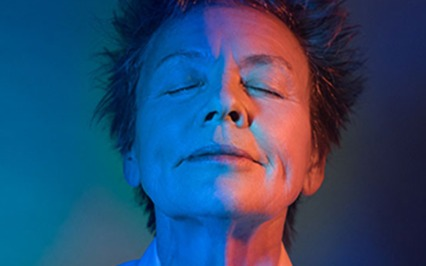
There is only one thing that makes sense to comprehend in life: death, because death gives full meaning to the history of the saeculum and, consequently, to the narration of our lives.
Thinking about death makes us savour it, savour it before it happens.
We must also coexist with those who have died, because they can live within us, and thus we can experience those dead souls in our mind, bones, skin, and blood.
The dead speak to us, eat with us, breathe with us, sleep with us.
They are the microbiota of our life.
Though we cannot be with someone at the moment of their death, because death is solitude, we can be with them after their death and speak with them every day.
These dialogues with them guide us "toward". Man has "the sense of toward" from his first days of existence in the world, and the place where the "toward" will end is death.
Death is not experienced in the death of the other. The death of the other is merely a reference, an echo of the "toward".
Death is experienced in the dialogue with the dead whom we have committed to keeping alive in our interiority.
This dialogue prepares us for death.This possibility of establishing a dialogue between the living and the dead urges us to see an element of continuity between life and death.
No one can deny that life belongs to death just as death belongs to life.
This proposition already makes it clear that between life and death there is an element of indifference that is continuous (continuity).
For this reason, death is not the extinction of the human being, but its continuation along this element of indifference (continuity) to the two conditions that allows the continuation of the human being itself in this condition in itself; thus, through the indifferent continuative element "colour," the eye can pass from green to red.
Published on August 06, 2025 04:59
Reflections on the Human Condition of Man: The Nothing and the Spirit

I am not conceding that the Nothing does not exist; I only say that when one has values, prays, or listens to the word of God, there is no Nothing - neither around, nor below, nor above, nor ahead, nor behind.
One can fall into despair for an indefinite time without crumbling into the Nothing. In the human condition, which is something more than existing like an animal, there is no Nothing; there is despair, the despair of living without values, without future, without… something.
That much is true, but there is no Nothing.
The man of Heidegger (Dasein) is a dehumanized man, without hope, reduced to the structure of an existence without humanity (in my opinion, the man of Heidegger represents the triumph of nihilism: a man without interiority, without soul, without spirit, who simply exists, structurally).
What is the spirit?
The spirit of man is something composed. It is formed by our pre-occupation with things and with human beings.
We relate to things through our spirit, which is already a composed spirit, not only from our relationship with things, but also from our relationship with the people we have encountered previously.
We are a living spirit composed of the living spirits with whom we have exchanged and related before, and according to the echo of those prior bonds, we approach things.
In this way, what is most private becomes public, directs itself toward (faces) the things that are around man.
The spirit holds within itself the capacity to listen to the word of God, but this capacity belongs above all to the inner man. And many men deny this capacity because they do not possess it: they lack any form of prevenient grace and are not even interested in seeking it: εἰς ὃ ἐφθάσαμεν, τῷ αὐτῷ στοιχεῖν ("according to what we have attained, let us walk by the same rule," Phil 3:15-16).
Published on August 06, 2025 03:58
August 5, 2025
Meditación sobre la muerte
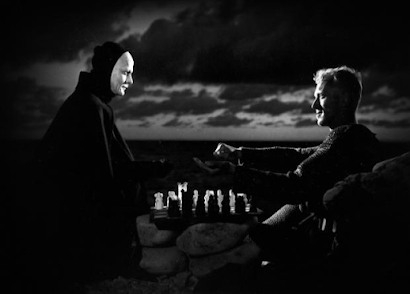
Hay solo una cosa que tiene sentido comprender en vida: la muerte, porque la muerte da pleno sentido a la historia del saeculum y, en consecuencia, a la narración de nuestras vidas.
Pensar en la muerte nos hace saborearla, saborearla antes de que suceda.
También debemos coexistir con quienes murieron, porque pueden vivir dentro de nosotros, así que podemos experimentar esas almas muertas en nuestra mente, huesos, piel y sangre.
Los muertos nos hablan, comen con nosotros, respiran con nosotros, duermen con nosotros. Son la microbiota de nuestra vida.
Aunque no podemos estar con quien muere en el momento de su fallecimiento, porque la muerte es soledad, podemos estar con ellos después de su muerte y con ellos hablar cada día.
Estos diálogos con ellos nos guían "hacia". El hombre tiene "el sentido del hacia" desde sus primeros días de existencia en el mundo, y el lugar donde se acabará el "hacia" es la muerte.
La muerte no se experimenta en la muerte del otro. La muerte del otro es simplemente una referencia, un eco del "hacia".
La muerte se experimenta en el diálogo con los muertos que nos comprometimos a mantener vivos en nuestra interioridad.
Este diálogo nos prepara para la muerte.Esta posibilidad de instaurar un diálogo entre vivos y muertos nos insta a ver un elemento de continuidad entre vida y muerte.
Nadie puede negar que la vida pertenece a la muerte así como a la muerte pertenece la vida.
Ya esta proposición hace claro que entre vida y muerte hay un elemento de indiferencia que es continuativo (la continuidad).
Por esta razón, la muerte no es la extinción del ser humano, sino la continuación suya a lo largo de este elemento de indiferencia (continuidad) a las dos condiciones que permite la continuación del ser humano mismo en esta condición en sí misma; así que a través del elemento continuativo indiferente "color" el ojo puede pasar desde el verde al rojo.
Published on August 05, 2025 03:40
August 4, 2025
The Little Book of the Dead - Luigi
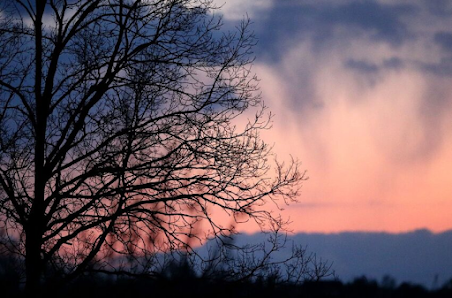
When I looked at you, I looked as you ought look at me.
I watched you, and what I saw could be you.
Was what I felt what you felt?
Was my body ever given to you?
Was your body ever given to me?
With all the leaves gone almost from the trees,
I did not walk briskly away from the thought of you.
It was cold and icy outside, and soon it would be the snow.
I looked at the sky, at the high open place
Along the avenue where you were the last time I saw you
I tried to feel the same way you felt before you left.
Leaving for there where all must go.
I think of you and I ask myself, "What did you teach me?"
Silence is the answer. From you, I learned to be silent.
I remember you visiting our parents. You arrived silently. You exchanged a few words. You sat down and watched them without saying a word. Your visits used to last no more than 30 minutes. Ha fatto la visita del prete used to say mother.
Now I understand your being silent. It was your daimon. The daimon who guided you for your entire life. He was guiding you, even when we were kids. Un bambino taciturno, people used to say about you when we were kids.
Have you been taciturno because a deep, bottomless tristezza was possessing you?
Was that silence, the surface of your groundless tristezza, that made you suffer in this world and pushed you to concoct complex architectures of lies?
I am not sure whether you were better than me, but I have never suspected that you could lie all your life to save that little child—triste and taciturno—who moved you in your life upon this earth.
You are dying tonight. This dystopian world you believed in has killed you.I am sitting on the terrace, and far, far away, the dawn is coming.
But a sudden haze has risen and is now covering the horizon.
I think of you—your name on my lips. I pray for you, watching beyond the trees.
We all die unknown on this earth, where we pass fleetingly, like a stranger.
Ti voglio bene, Luigi. I love you.
Published on August 04, 2025 09:19
Il riflesso della morte
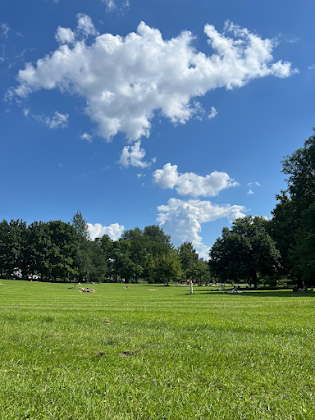
Mio fratello è morto - e oggi il sole
Splende bello e senza colpa vive.
Indifferente al dolore suo cuore.
In questa luce che ora qua ride
La luce del mondo di noi viventi
Lei sta - dura qui cosí come cede.
Ch'era prima che fossimo coscienti
E quando finiremo ancor sarà.
Io amo tutti voi che passaste spenti!
Ignoti a questa terra chi dirà
Come io vi passai? Tutti che posso
Ritengo in me trattengo dall' al di là
Li tengo perché vivano nel flusso.
Di tutti i corpi fatti me stesso
Parola, o gesto, darà l' abisso.
Così tengo Luigi con me adessoAl lato mio lui sorride gli occhi.Ma sento di morte, già, il riflesso.
Published on August 04, 2025 02:06



